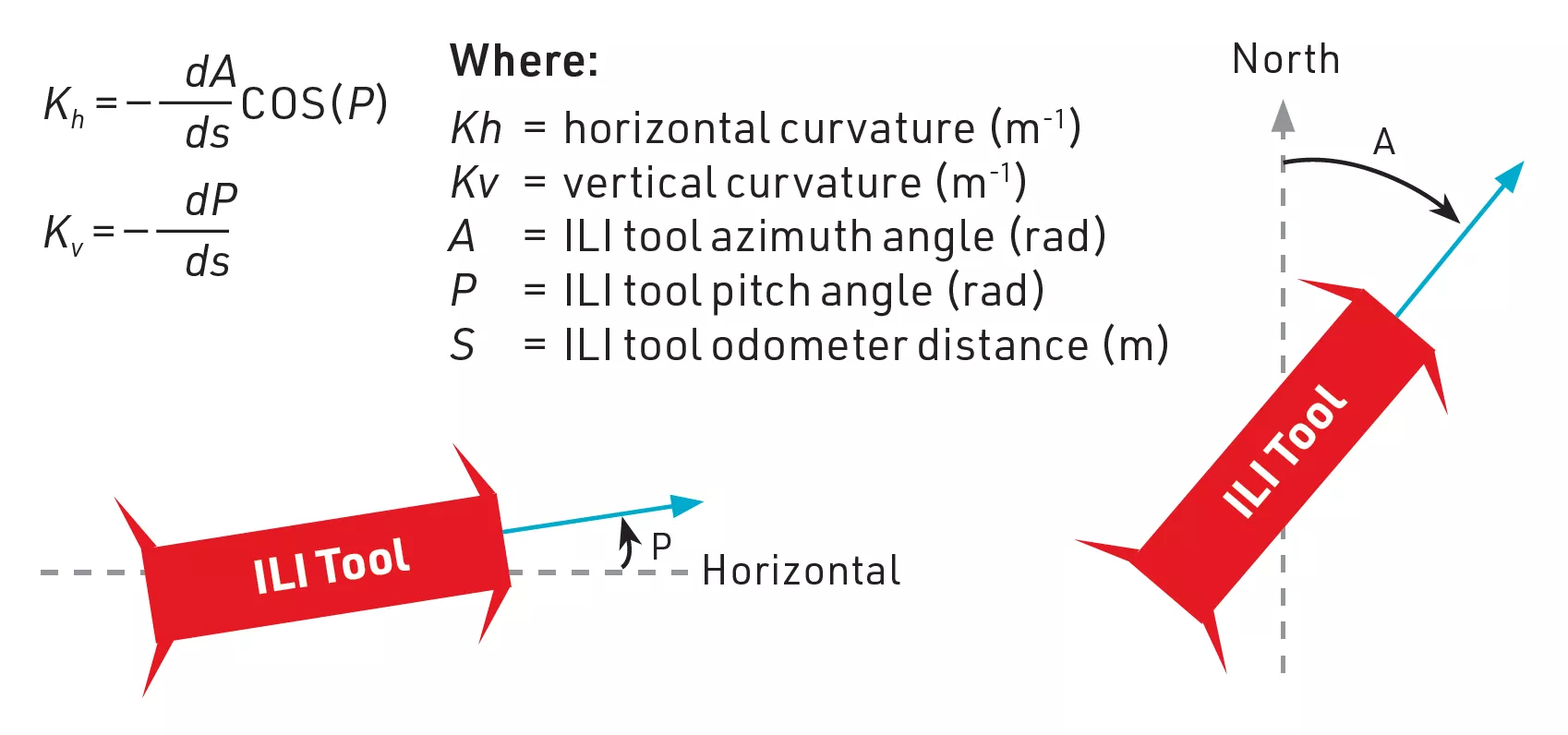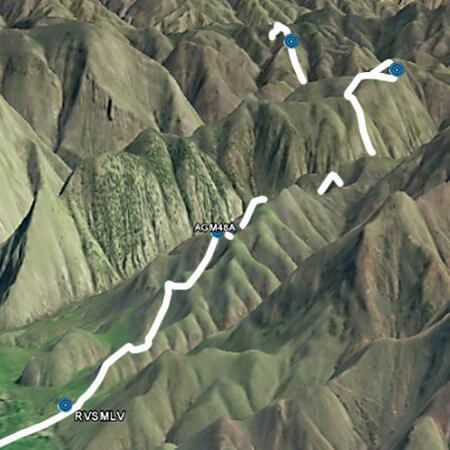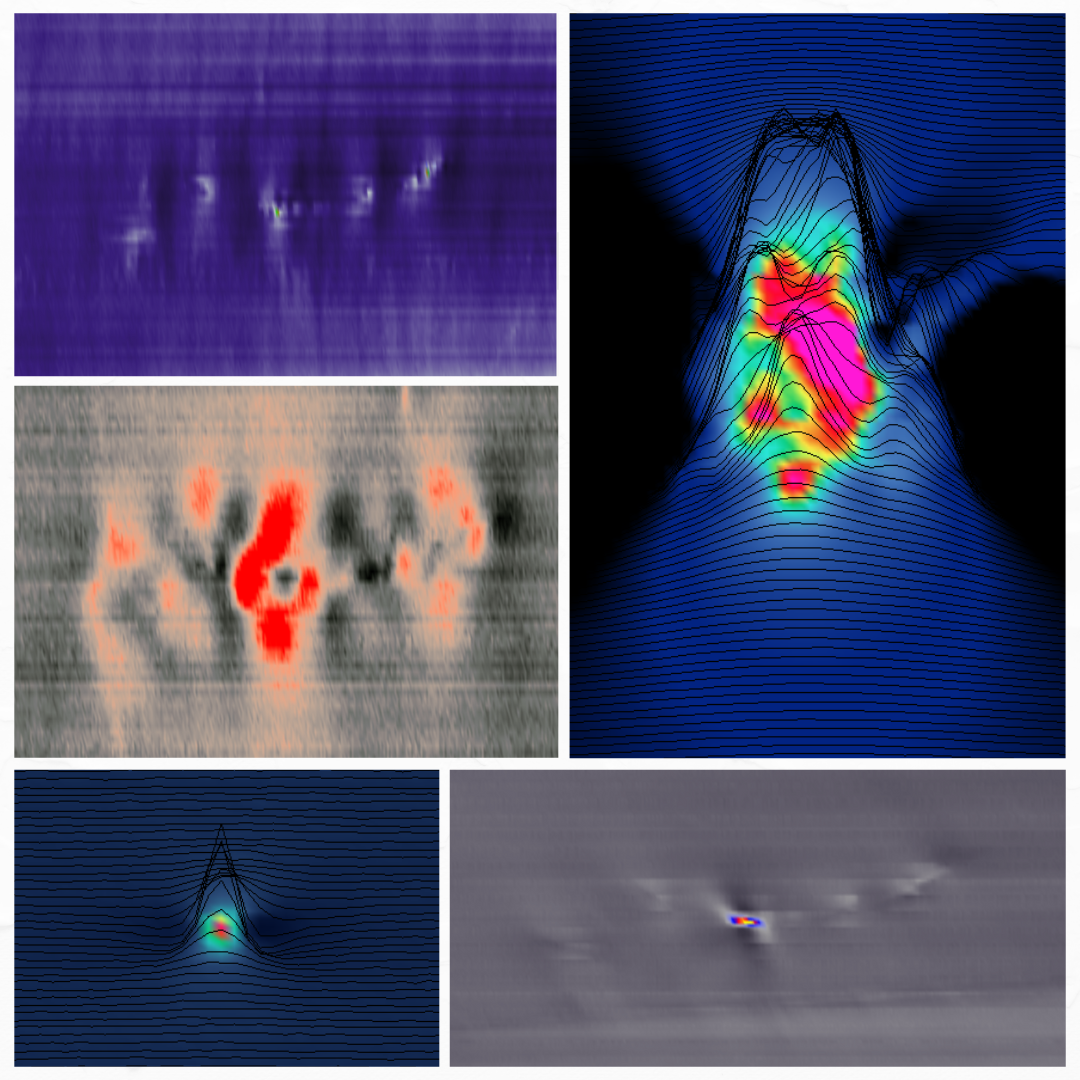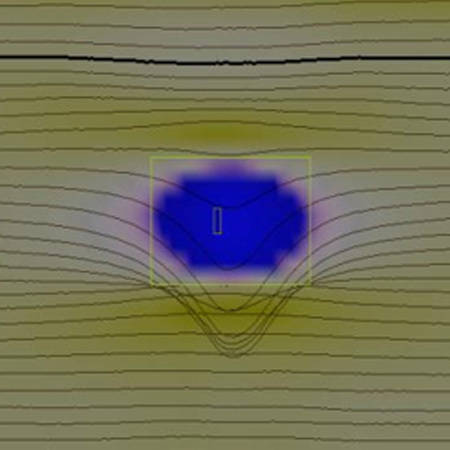Bending Strain and Line Movement Assessment
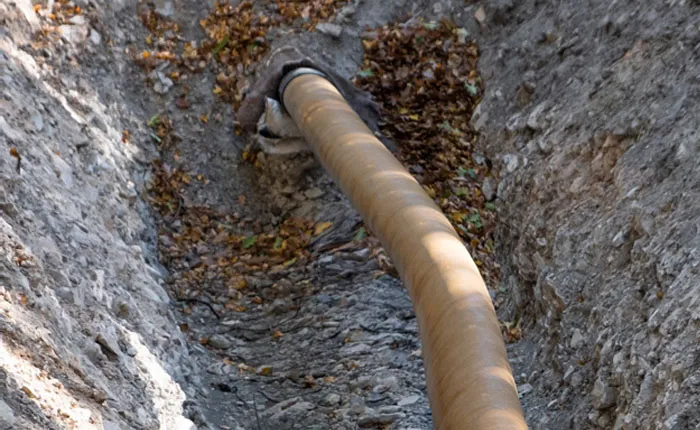
Is Movement Straining Your Pipelines?
When the earth moves, so do your pipelines, and that creates strain. Using inertial measurement unit (IMU) data collected from in-line inspection (ILI) tools, TDW experts can assess strain and measure curvature growth to help operators maintain safe pipelines and mitigate line movement events.
Managing Pipeline Strain
Ground instability, erosion of river or creek banks, geotechnical impacts and weather events can all cause line movement. To assess the associated strain, TDW uses IMU data collected from ILI tools. After just one tool run, we can see how far your pipeline has moved and infer whether that level of movement is acceptable. With multiple tool runs, we can measure any further movement and the associated rate of change to help determine where mitigation is required.
Threat Awareness: Geohazards, Bending Strain and Line Movement
In this video, Integrity Engineering Solutions experts, Jacques Nicol and David Sunwall, dig into line movement and bending strain. Discover how geohazards can affect pipelines and how TDW experts assess strain and measure curvature growth. The insights provided by these assessments help operators uphold the safety of their pipelines and mitigate the risks associated with line movement events.
Approach
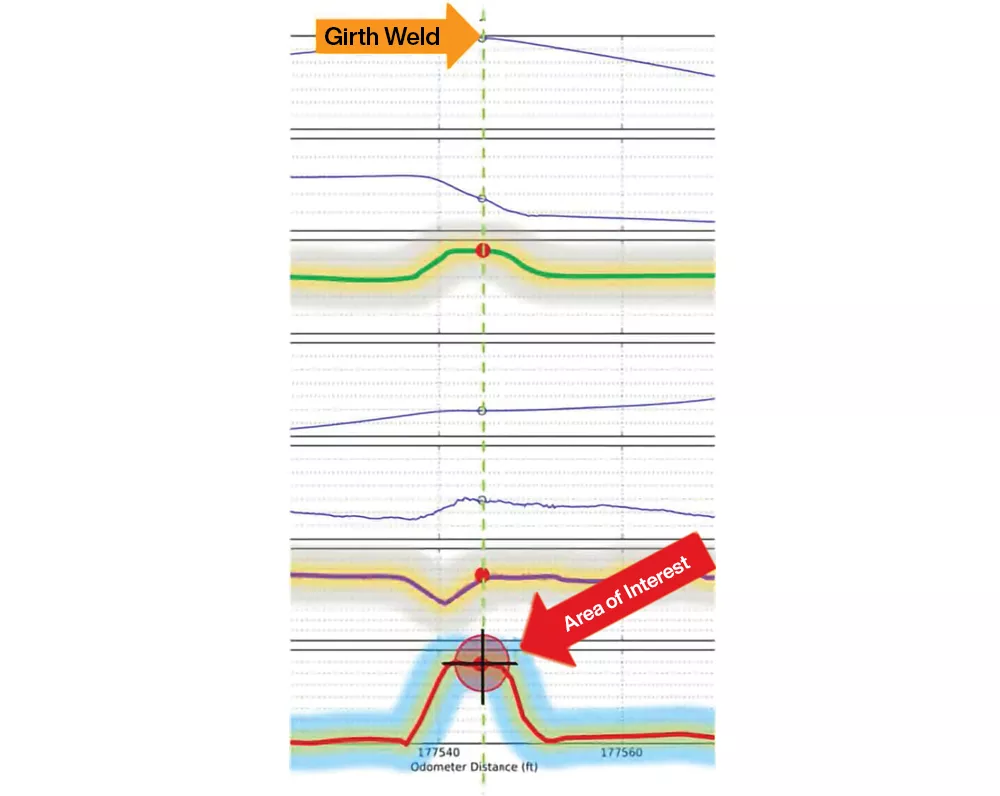
Extracting Key Curvature Data
We use the raw IMU data from the inertial measurement unit to extract the key curvature data. From this, we can delineate features such as field bends and then focus on unintentional bending as a result of outside force. When two runs are utilized, we can assess any increased movement in the pipeline and the accumulated strain.
Value
Grading Strains for Mitigation
In addition to identifying and prioritizing strain or movement events, our assessments can also be aligned with other features such as girth welds or used to confirm that recently implemented remediation or mitigation actions are working.
